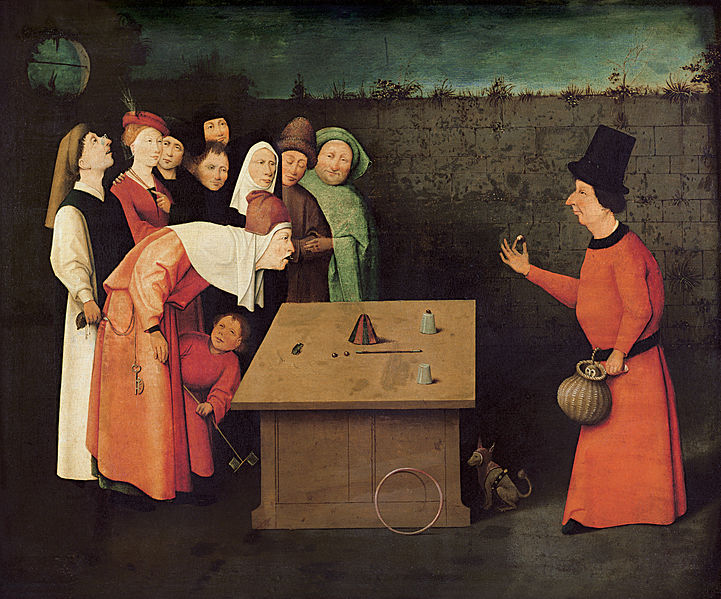Stephen Crane’s “The Open Boat & Other Stories” is a story collection published in 1898, when the author was 27, two years before his death of tuberculosis in a German sanatorium.
After the titular work, the most famous story in the work is “The Bride Comes to Yellow Sky”.
“The Open Boat” story is included in our Short Story Exercises. There we’ve posted the story, an analysis, and a response-story of our own. We also posted separate (less detailed and edited) notes on The Bride Comes to Yellow Sky The Bride Comes to Yellow Sky, Flanagan’s Short Filibustering Expedition, The Pace of Youth Notes , and the Many NYC Sketches.
Here’s a quick summary of the stories (stories in order of appearance):
Part I Minor Conflicts
The Open Boat 1
A Man and Some Others 41
The Bride Comes to Yellow Sky: A bumpkin sheriff brings his new bride back from the big city of San Antonio. They take the train and are awed by the finery and are only subconsciously aware of being mocked by the waitstaff. Both sheriff and bride are uneasy about the sheriff’s failure ot notify his fellow townsmen of the nuptials. Back home in Yellow Sky, trouble’s brewing when Old Scratchy, the last of the old gang, gets drunk and starts rampaging around the town screaming and occasionally shooting (no one dies, since all citizens stay sensibly behind barred doors). And then they newlyweds walk up to his (now their) home just as Scratchy Wilson’s out front, bellowing to his old rival Jack (the sheriff), begging for a fight. Scratchy sees them and draws a gun on the Missus. But Jack’s not armed, and Scratchy wants a fight, not a murder. And then he learns that this woman is Jack’s new bride, and Scratchy Wilson is “like a creature allowed to glimpse another world”. And all’s well.
The Wise Men 85
The Five White Mice 107
Flanagan and His Short Filibustering Adventure: One of two stories based on the ill-fated steamship SS Commodore, that sank off the coast of Florida with Crane on board on January 2, 1897. The story begins with Flanagan interviewing for a job captaining a filibustering mission (running guns and ammo to the Cuban rebels). Why does he want the job? For the fun mostly. Ship’s boilers have some trouble early on. Flanagan lays into the engineer on duty. Later he breaks a stoker’s jaw for not answering satisfactorily; there’d been some rumor of discontent in the stoker room. They pick up guns and men from Florida. Cubans bring corn whisky but get too seasick to drink it. The stokers drink it and get into a fight. The captain wants to tear them apart, but the Cuban leader says he has to treat them gentle like little children, otherwise they’ll blab about the filibustering when they get to port. They near the coast of Cuba and unload their weapons and men and take on some injured men. They leave before all the rowboats have returned because a Cuban gunboat is attacking. A Cuban officer says there’s no point surrendering because they’ll shoot them all as traitors. Flanagan dashes up to the helm, takes the wheel, and spins the ship around, barrelling down on the gunboat, and side-swiping it. The Cuban rebels fire down on the Cuban’s in the gunboat. The captain has a moment of satisfaction before the storm hits. Before too long the ship’s going down, they load into lifeboats and row towards a beach where a hotel’s giving a party. The guests eventually realize what’s going on and go out to the landing boats. Billie the stoker from The Open Boat washes up dead. “The expedition of the ‘Foundling’ will never be historic.”
Horses 155
Death and the Child 175
Part II Midnight Sketches
An Experiment in Misery
The Men in the Storm 227
The Dual that was not Fought 239
An Ominous Baby 251
A Great Mistake 259
An Eloquence of Grief 265
The Auction 271
The Pace of Youth: A boy works the merry go round; a girl sells tickets nearby. An eyes-only but tumultuous love affair fills the summer. The girl’s father owns the carnival and tries to break it up by threatening them both. They look away from one another. But then the boy, through the help of her friend, manages to talk to the girl alone. A few awkward “ah, geez!” exchanges. And it’s on! They elope. The girl’s father gets his gun and chases their hired carriage from another hired carriage. The kids’ carriage loses the father’s, and he’s left to reflect upon the wondrous possibilities and wide open future of youth, and how different it is in from the closed-in nature of his declining time of life. [Had he just been jealous of the two of them? Had his concern been not so much losing his daughter as her getting to have what was now denied him?]
A Detail
